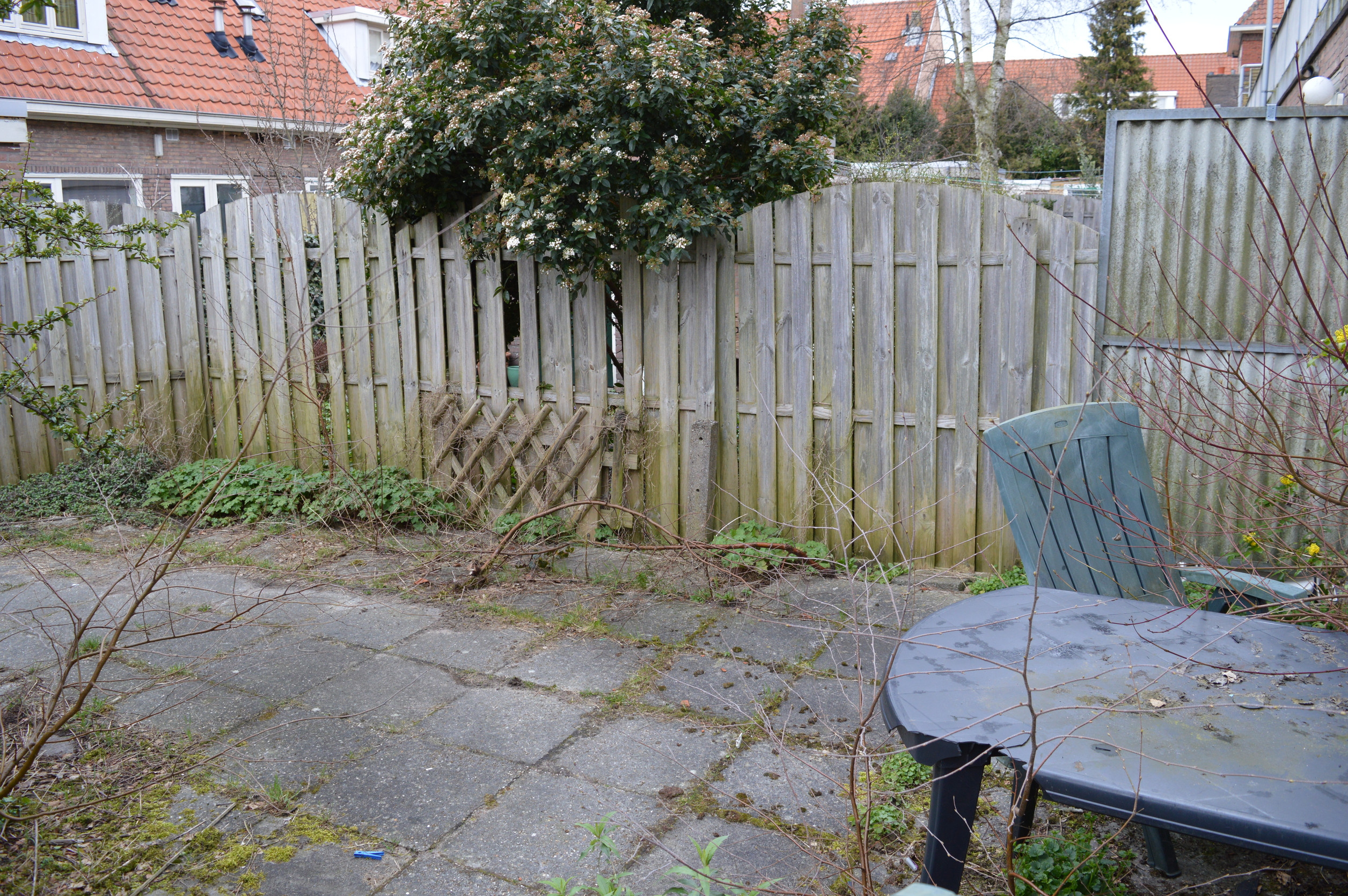
Your yard might seem like a peaceful retreat, but it could get you sued. Some plants and growths can unexpectedly cause legal trouble. Whether it’s overhanging branches, invasive species, or hazardous trees, what’s growing on your property could lead to costly lawsuits. Here are five common yard-related issues that have sparked legal disputes. Plus, learn how to avoid them.
1. Overgrown Tree Branches Crossing Property Lines
Branches that extend into your neighbor’s yard can cause damage to their property or pose safety risks. If left unchecked, your neighbor could take legal action for repairs or removal costs. In some states, you have the right to trim the tree if it’s on your property. A law suit may occur though if serious harm is done by the tree.
2. Invasive Plants That Spread to Neighboring Land
Plants like bamboo or kudzu can aggressively spread beyond your property, damaging fences, landscaping, and ecosystems. Neighbors may hold you responsible for eradication expenses. Invasive species can be difficult and costly to remove once established, requiring professional intervention. Being proactive about controlling or removing these plants can prevent legal disputes and protect local biodiversity.
3. Poisonous or Allergic Plants
If you grow plants known to cause allergic reactions or are toxic to children or pets, you could face liability if someone is harmed on your property. Common examples include poison ivy, oleander, and certain types of mushrooms that can be highly toxic. Visitors or neighbors unaware of the risks might accidentally come into contact with these plants, leading to serious health issues. Proper signage, clear communication, or removing hazardous plants altogether can help reduce the risk. Ignoring these dangers may result in costly lawsuits if injuries occur.
4. Diseased or Dead Trees at Risk of Falling
Failing to remove hazardous trees can be seen as negligence if they fall and damage a neighbor’s property or injure someone. Regular inspections and maintenance are key. Diseased or dead trees lose structural integrity and become unpredictable hazards during storms or high winds. Consulting a certified arborist can help assess risks and recommend timely removal or treatment. Proactive care protects both your property and your legal standing.
5. Gardens or Plants Violating Local Ordinances
Some municipalities restrict compost piles or dictate the location of your garden. Ignoring these rules could lead to fines or legal complaints from neighbors. These regulations often aim to control invasive species, prevent pest infestations, or maintain neighborhood aesthetics. Before planting, it’s wise to check local ordinances and obtain necessary permits. Staying informed helps you avoid costly penalties and community disputes.
Don’t Get Sued Because of Your Yard
Regularly inspect and maintain your yard, communicate with neighbors, and check local laws to keep your outdoor space safe and litigation-free. Being proactive helps prevent disputes before they start and fosters good neighborly relationships. Staying informed about your responsibilities also ensures your property remains a safe and enjoyable place for everyone.
Read More
10 Garden Chemicals That Are Still Sold—But Banned Overseas
10 Ways Your Garden Might Be Lowering Your Home’s Appraisal
The post 5 Things Growing in Your Yard That Could Get You Sued appeared first on Frugal Gardening.




.jpg?w=600)


